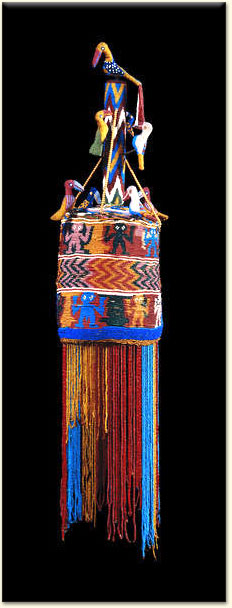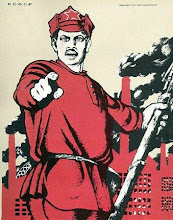Friday, November 08, 2013
Ender's Game
I saw the film Ender's Game last night.
I had read the book some years ago, and I enjoyed the movie. Congratulations all around, and no complaints... other than my friend marveled at the fact that even though interstellar travel was well established, on Earth everyone still used automobiles to get to remote locations at a time when Personal Aerial Transportation Devices (either flying cars or jet packs) would seem to be in the cards.
There has been some grousing about the author, Orson Scott Card, who - I think - is opposed to gay marriage. However, when it comes to Art, interact with the artist's work, not with their mundane chatter.
Art is focused and desperate meditations in the depths of the soul and in the watches of the night when no one else is around to distract the artist from their work. Thus, it is light-years away from the easy babble of the interview.
Consider Sport. I include Sport as an Art. Like Dance it requires years of effort and work at mastering the body and the physical behaviors needed.
It differs primarily in that the outcomes of Sport are random, whereas the outcomes of a Dance exhibition are not. The details in both are complex and random, but the outcomes are very different.
You would not be likely to place a hundred dollar bet in Las Vegas this Christmas Nutcracker season on the Mouse King to win. Nor would you sell the Nutcracker's stock short.
Similarly, do we really wish to hear good sports people chatter on about the game? For myself, I would rather see the game and regale myself in the thrill, action, and the sweat. But I draw the line at the post-game nonsense. I do not want to hear a fantastic athlete stumble over his words and thank Jesus for victory.
Draw the absolute line.
OK. So Orson Scott Card must be seen separate from his blather about sex and/or politics. So also must Robert Heinlein, for example, or Kurt Vonnegut or Ernest Hemingway or Eminem.
What I thought was very important in the film was the matter of Play versus Work.
The children soldiers (interesting foreshadowing of Joseph Kony by none other than old Orson Scott Card, who wrote Ender's Game for publishing in 1985) are used to fight the war against the Formics, presumably because their years spent already at video games and such, where their native abilities are the key to success, not any formal military training.
There is a vast area here of Society and Morals, and I do not know where to begin.
So, briefly, briefly:
Play begins at birth and is Freedom seeking fulfillment and learning how to incorporate Order as it does so.
Work is life that is older and socialized and is mostly filled with Order, with little or no elements of Freedom remaining.
We play games, and we use a minimum of rules or order to structure the games, but the main purpose is to express our freedom.
Example, when we played Cop and Robbers or Cowboys and Indians, there were frequent killings, but we always rose up again soon, alive and ready to play. (You might say we practiced at an archetype of Resurrection from childhood onwards.)
In Ender's Game, the authorities feared that acculturation and socialization would destroy the ability of Ender to fully express himself and his freedom; in particular, morality and ethics might hinder his blood lust. Ender must be able to "play" at war, else he could not destroy an entire species.
(And here we might again see a connection between "playing" soldier, genocide, and yet - surprisingly! - resurrection; more thoroughly we may kill as the more assuredly we shall rise again.)
We are all on the same treadmill.
(My friend said the film reminded him of the Harry Potter films. I mulled over it, then I saw it. And, you know, I think everyone pretty much ignored Play and Work, Freedom and Order, Chaos and Structure, in Harry Potter. The main reason for that, I think, is the fact that it was the Grown-Up World, the society of adults, that was seriously distempered in Harry Potter; it was a group of adults who welcomed the dark lord, and it was the children who upheld the standards of Morality and Ethics.
Things were Topsy-turvy.)
Subscribe to:
Post Comments (Atom)


















No comments:
Post a Comment